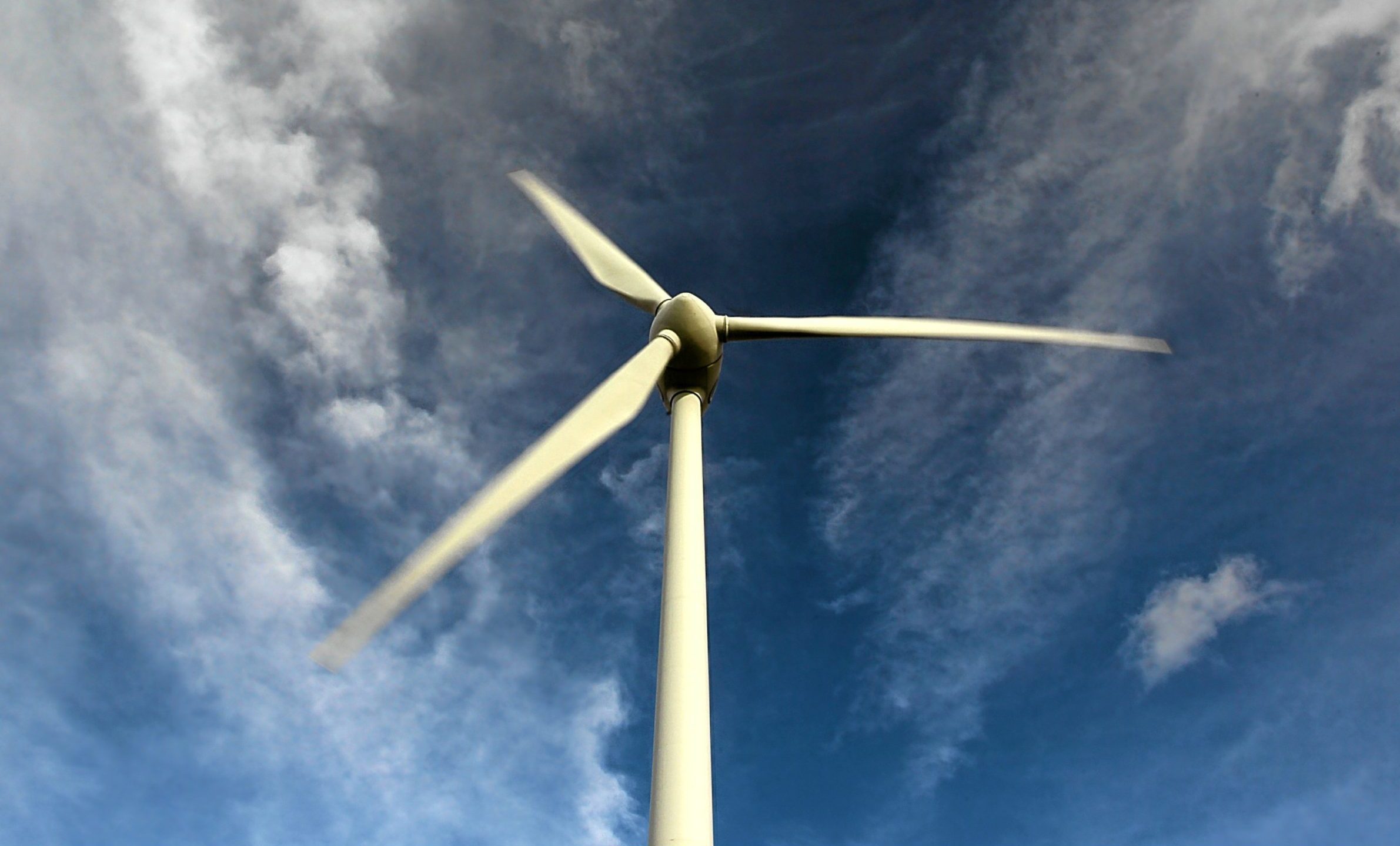Scotland’s wind power output increased by more than a third in September compared to the same period last year.
New data from WeatherEnergy shows that wind turbines provided 766,116 MWh of electricity to the National Grid during the month, up 36% from 563,834 MWh in September 2015.
The output was enough to supply, on average, the electrical needs of 87% of Scottish households or 2.1 million homes.
Wind power generated the equivalent of 44% of Scotland’s entire electricity needs for the month when business and industry are included.
For the first time on record wind generated the equivalent of all Scotland’s electricity needs for the day during two days in a single month.
There was also enough sunshine for homes fitted with solar PV panels to generate an estimated 70% of the electricity needs of an average household in Aberdeen, 69% in Dundee, 61% in Edinburgh, 60% in Inverness, and 50% in Glasgow.
WWF Scotland’s director Lang Banks said: “September was an astonishing month for wind power, with output up more than a third compared to the same period last year.
“Even more amazing was that on two separate days wind turbines alone provided output equivalent to more that Scotland’s total electricity needs on each day – the first time we’ve witnessed this twice in a single month.
“That Scotland has made such great strides in generating renewable power and addressing climate change is the result of many years of political and public support.
“However, if we are to continue to play a leading role globally in cutting carbon emissions, we need politicians to build on our renewable electricity revolution and expand it to other sectors such as heat and transport.”
Karen Robinson of WeatherEnergy said: “It was only back in August that we recorded the first ever day, since we began monitoring the data, where wind turbines alone generated more electricity that was needed on the day. It’s therefore wonderful to see the same repeated in September, but this time on two separate days.
“Electricity demand on the two particular days in question was lower than the average. Nevertheless, the fact wind was able to generate the equivalent of all Scotland’s electricity needs is something worth celebrating.”










